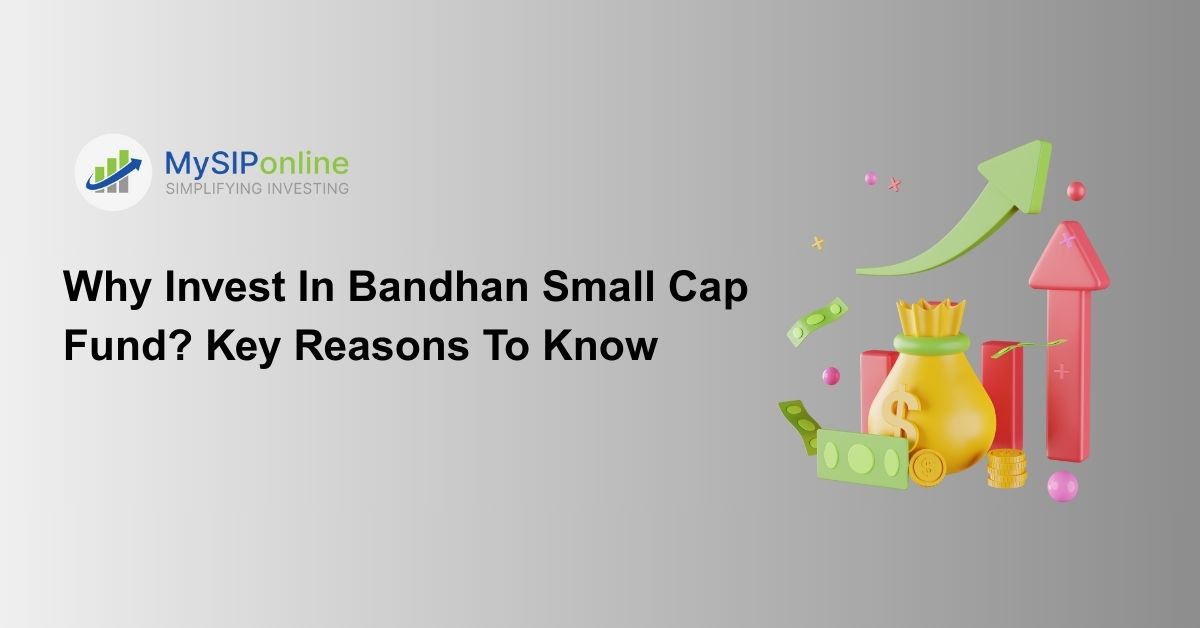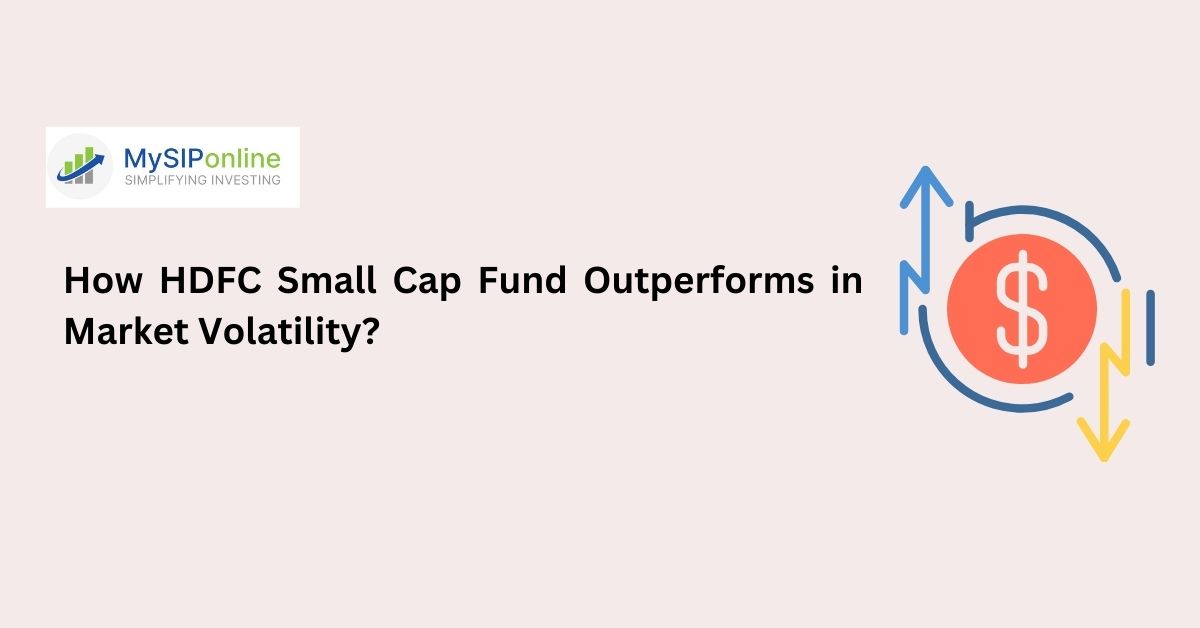SBI Small Cap Fund: Find Out If You Need It In Your Portfolio

Strong 8k brings an ultra-HD IPTV experience to your living room and your pocket.
SBI Small Cap Fund’s Overview
The SBI Small Cap Fund is an open-ended equity mutual fund focused on small-cap stocks, aiming for long-term capital growth. Managed by SBI Mutual Fund, it has garnered attention due to its performance and strategic approach.
This article delves into finding strong reasons as to why this scheme is your best bet. First of all, looking at the amazing AUM (asset under management) at Rs.30828 Crores as of 31.03.25. Since its inception, it has generated 21.41% returns while also maintaining good consistency under expert guidance.
Here’s a comprehensive look at its key characteristics:
1. Launch Date: September 9, 2009
2. Fund Size: Approximately Rs.30,836 Crores as of July 2025
3. NAV:204.38 (as of July 12, 2024)
4. Expense Ratio:60% for the regular plan; 0.66% for the direct plan
5. Minimum Investment:5,000 for initial investment; Rs.1,000 for additional investments; Rs.500 for SIPs
6. Exit Load: 1% if redeemed within one year
The primary investment objective of the fund is to provide long-term capital growth by investing predominantly in a diversified portfolio of small-cap companies.
What Does the Performance of the SBI Small Cap Fund Look Like?
The fund’s performance can be evaluated over various time frames:
1-Year Return:54%
3-Year Return:17%
5-Year Return:41%
Return Since Launch: 20.63%
It is crucial to compare these figures with their category average and benchmark:
Category Average (1-Year):95%
Category Average (3-Year):90%
Category Average (5-Year):40%
Although the fund has shown impressive returns over the past year, it has underperformed relative to its peers over longer periods, especially in the three and five-year categories.
How is the Risk and Volatility in SBI Small Cap Fund Seen?
The key points regarding the risk profile and considerations of the SBI Small Cap Scheme:
Risk Rating
The SBI Small Cap Fund has a "very high" risk rating, indicating a higher level of volatility and risk compared to other equity fund categories.
Volatility of Small-Cap Funds
Small-cap funds, in general, are more volatile than large cap funds due to the nature of the underlying small-cap stocks.
Small-cap companies often have a smaller market capitalization, less diversified business operations, and are more sensitive to market fluctuations.
This heightened volatility can lead to significant price swings, both on the upside and downside, in the short to medium term.
Investment Strategy
The SBI Small Cap MF invests at least 65% of its assets in small-cap stocks per its investment mandate.
The focus on small-cap stocks is aimed at capturing the potential for higher returns over the long term, as small-cap companies can experience faster growth compared to larger, more established companies.
Increased Risk
The emphasis on small-cap stocks in the fund's portfolio comes with increased risk.
Small cap companies are generally more vulnerable to market conditions, economic cycles, and company-specific challenges, which can amplify the fund's risk profile.
Investors in the SBI Small Cap Stock should be prepared to withstand potential market ups and downs.
As the fund's performance may be more volatile compared to large-cap or diversified equity funds.
Long-Term Perspective
To benefit from the higher return potential of small-cap stocks, investors in the SBI Small Cap Mutual Fund should have a long-term investment horizon, typically 3-5 years or more.
The longer investment period allows the fund to ride out the volatility and capitalize on the growth opportunities in the small-cap segment over the long run.
Investor Suitability
The SBI Small Cap scheme is suitable for investors with a high-risk appetite and a longer investment time frame.
Investors should carefully assess their risk tolerance, investment objectives, and time horizon before investing in this fund.
By understanding the risks, volatility and investment strategy of the SBI Small Cap MF. Investors can make an informed decision on whether this fund aligns with their financial goals and risk profile.
What Does the Portfolio Composition for SBI Small Cap Fund Been?
As of the latest reports, the fund has allocated approximately 92% of its assets in equities, with a small percentage in cash and equivalents. The top holdings include:
Nifty 50: 5.48%
Blue Star Ltd.: 3.71%
Finolex Industries Ltd.: 3.65%
Kalpataru Projects International Ltd.: 3.43%
These holdings reflect a diversified approach, targeting various sectors to mitigate risk while aiming for growth.
Is SBI Small Cap Fund Suitable for Your Portfolio?
When considering whether to include the SBI Small Cap Fund in your portfolio, several factors should be evaluated:
Investment Horizon: Suitable for long-term investors (typically seven years or more) due to its volatility. Not ideal for those requiring short-term liquidity.
Risk Appetite: Best suited for investors who can tolerate market fluctuations and seek higher potential returns.
Diversification: Valuable for portfolios lacking exposure to small-cap stocks, especially if already invested in large-cap and mid cap mutual funds.
Market Conditions: Small-cap fund performance can be heavily influenced by market conditions. Assess current trends and economic indicators before investing.
Further Considerations for SBI Small Cap Fund’s Investors
1. Economic and Policy Environment: Monitor government policies and economic conditions that may affect the small-cap sector.
2. Market Sentiment: Keep an eye on market sentiment and investor behavior, as small-cap stocks can be more sensitive to market changes.
3. Fund Management: Stay updated on any changes in fund management or investment strategy, as these can impact performance.
Investing in the SBI Small Cap Fund could be a strategic move for long-term growth, but it requires a thorough understanding of its risks and rewards. Always consider consulting with a financial advisor to tailor your investment decisions to your specific financial situation and goals.
Conclusion
The SBI Small Cap Mutual Fund presents a compelling option for investors seeking exposure to small-cap equities with the potential for significant long-term growth. Starting your investment in this stock via lumpsum or SIP (Systematic Investment Plan) will be your best bet.
However, its higher risk profile and recent performance relative to peers suggest that investors should carefully consider their investment goals, risk tolerance and market outlook before adding this fund to their portfolios. Balancing this fund with other asset classes may provide a more stable investment strategy.
Note: IndiBlogHub features both user-submitted and editorial content. We do not verify third-party contributions. Read our Disclaimer and Privacy Policyfor details.







